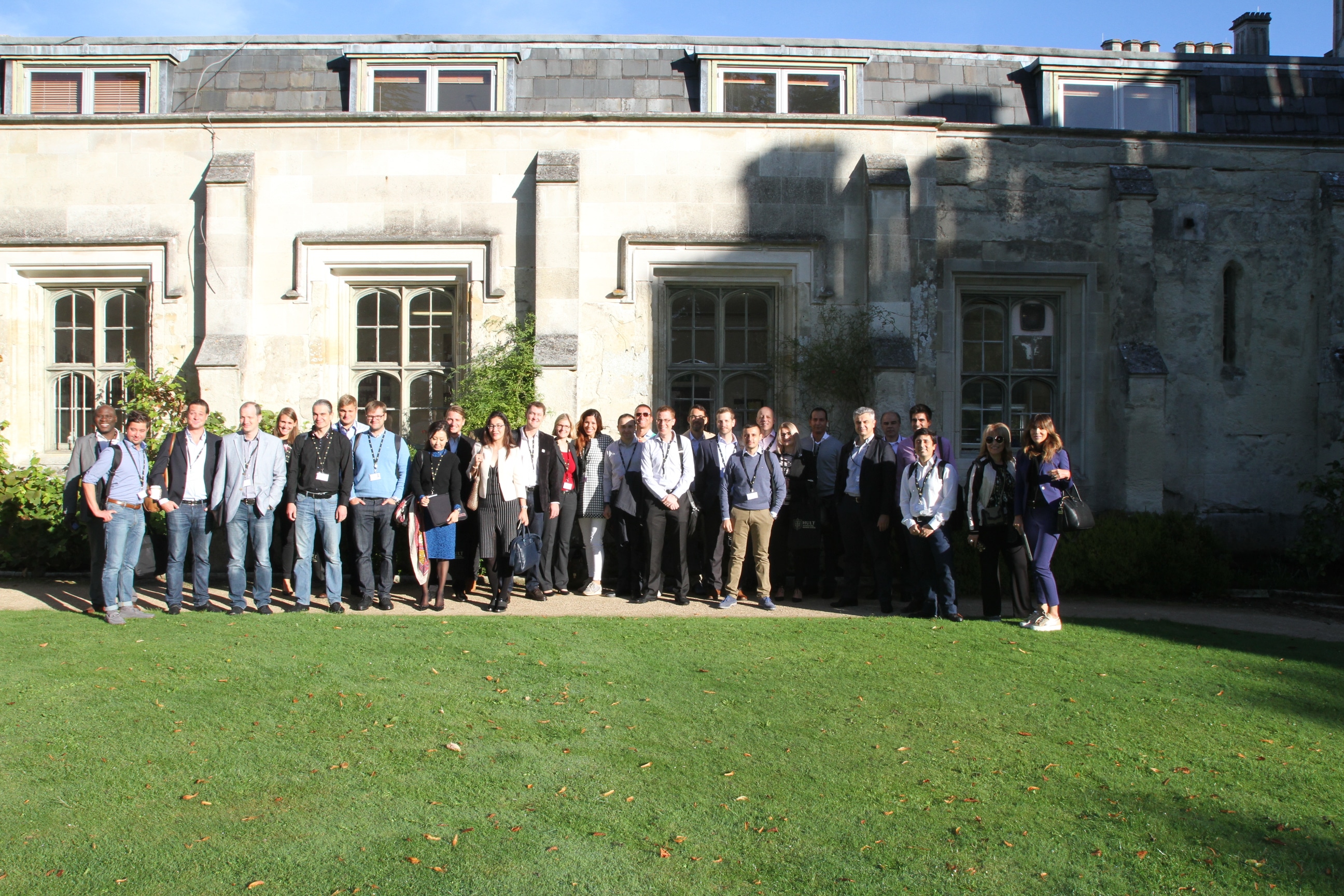Written by Dr. Toby Shephard, Senior Medical Director EMEA region, Pfizer Consumer Health, Executive MBA student at Hult International Business School.
One of my proudest “dad” moments was when I heard a story that someone who had previously worked for my dad would give up her job to go and work for him again at the drop of a hat. But what would make her say or want to do that? I can think of a number of reasons, but I have to declare I might be biased!
So, why do we believe in some leaders and not others? Why do we often find ourselves in positions where we just cannot align with our manager or leader?
Why do we believe in some leaders and not others?
Authenticity
I firmly believe decisions about whether to believe in and align with a leader are related to that leader’s authenticity. This then begs the question what do we mean by the “authentic” leader? This is a topic that is covered at length in the “Leading with Personal Impact” course on the Global Executive MBA at Hult. On the course, we learn that the authentic leader is someone who “provides the predictability and consistency to both reassure and motivate followers who find the opposite behaviors unnerving, especially in ambiguous or stressful circumstances”.
“In the current VUCA world, it’s understandable why people can align behind leaders they perceive as authentic.”
Additionally, the authentic leader objectively evaluates data before making balanced decisions, lives by an internalized moral compass, has high self-awareness and self-management (ie. high emotional intelligence) and openly and appropriately shares information and feelings. Therefore, in the world that we live, which is currently “Volatile, Uncertain, Complex, and Ambiguous” (VUCA), it becomes more understandable why people can align behind leaders they perceive as authentic.


EMBA students on Leadership Immersion at the Ashridge campus
Trust
Another important element of leadership to consider is “trust”. Why is it that some leaders can command our complete trust and with others, this is a struggle? This is also covered in the leadership courses on the Executive MBA, where trust is broken down into 4 components – a leader’s: reliability, capability, intimacy, and self-interest. These are combined to make the following “Trust equation”:
[Tweet “Trust =(Capability x reliability x intimacy) / self-interest “]
Self-interest
A “reliable” leader will be one whose actions are predictable, consistent, and who delivers what they say they will deliver. A “capable” leader is one who clearly has all the experience and know-how to do the job. An “intimate” leader shows a genuine interest in understanding their team and how they operate, what motivates them, and generally, wants the best for them. For the equation, each of these components is given a score and then multiplied together. The sum is then divided by the leader’s “self-interest” mark.
“Authenticity and trust are key drivers to becoming a better person and, with that, I have developed my effectiveness as a ‘leader’.”
From this equation alone it is clear that even with the most capable and highly intelligent leader, if he/she is perceived by their team as ‘all about themselves’, then the leader will not be trusted. The less “self-interested” leader, with the same competencies, would be trusted much more highly. If you apply this to public figures I have found this explains to me why I might trust in some and not in others although this is not a binary question and so the degree of trust in people will vary.
Through the Global Executive MBA, and my professional and personal life, I have come to realize that authenticity and trust are key drivers to becoming a better person and with that, as a result, I have been able to develop my effectiveness and grow respect as a “leader”.
If you would like to find out more about Hult’s global business programs, download a brochure here.


Grow your leadership capabilities with an MBA in international business at Hult. To learn more, take a look at our blog Leadership training: Are you learning fast enough? or give your career a boost with our Masters in International Business. Download a brochure or get in touch today to find out how Hult can help you to learn about the business world, the future, and yourself.

